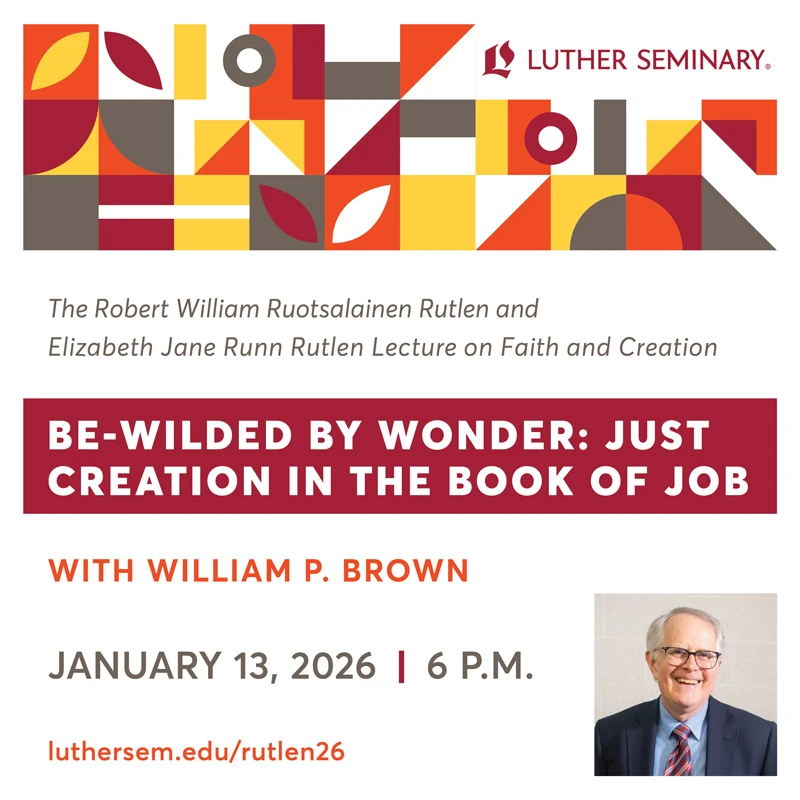SUMMARY
Astarte (or Ashtoreth), Chemosh, and Milcom were all Canaanite deities to whom the Israelites often strayed.
ANALYSIS
The biblical text is quite clear: the local Canaanite deities were off-limits to Israelite worshippers. But who were Astarte, Chemosh, and Milcom? Among the pantheon of Canaanite deities, why are they specifically mentioned here?
Astarte was a Canaanite goddess worshiped by several regional nation-states. The Israelites had a long history of being drawn to worship Astarte. The first mention of her comes in Judges 2:13 and 10:6. Judges depicts God’s people in a cycle of abandoning God to worship other deities. Astarte was one of their preferred other deities. This cycle continues throughout 1 SamuelThe judge who anointed the first two kings of Israel. More (1 Samuel 7:3-4; 12:10). The people can never seem to let go of their addiction to apostasy. This history is one of the reasons Solomon’s sin is so grave: not only has the king worshiped other deities, but he has fed into the precise cycle of apostasy that had the people paralyzed.
The mentions of Milcom and Chemosh are significantly fewer because of the history Israel had with them and because of their divine roles. Milcom was the national deity of the Ammonites, and Chemosh was the national god of the Moabites. Both deities were depicted as warrior-gods: they protected their people by fighting other deities on their behalf. By worshiping Milcom and Chemosh, SolomonThird king of Israel who was known for wisdom and building the first Temple. More is hedging his bets. In case YHWH doesn’t come through with protection, Solomon has paved the way for other deities to step in. Solomon worships God with his lips, but keeps idols in his pocket just in case God cannot be trusted. Interestingly, both deities are mentioned in the book of JeremiahProphet who condemned Judah's infidelity to God, warned of Babylonian conquest, and promised a new covenant. More. The suggestion there is that God finally did vanquish the local Canaanite warrior-gods – by using the invading Babylonian army.

